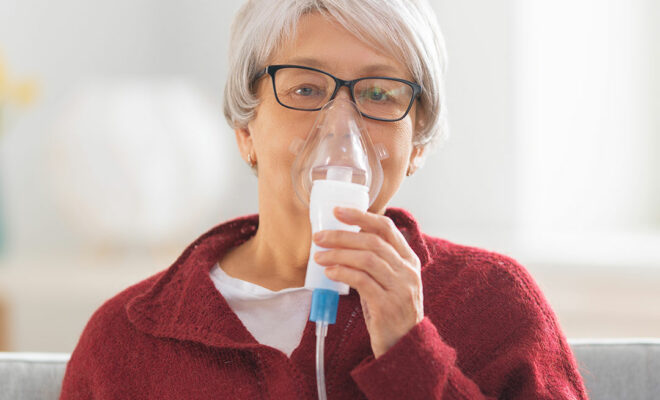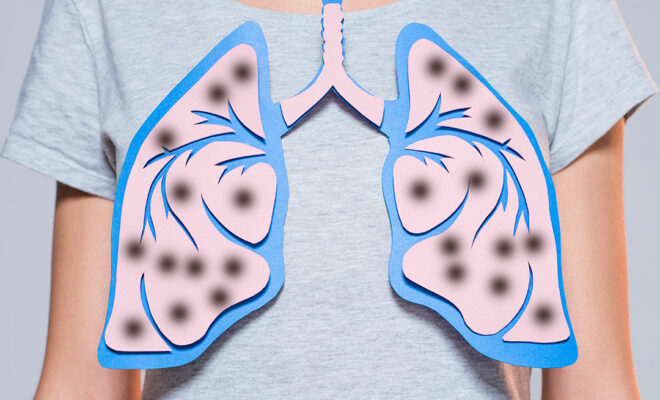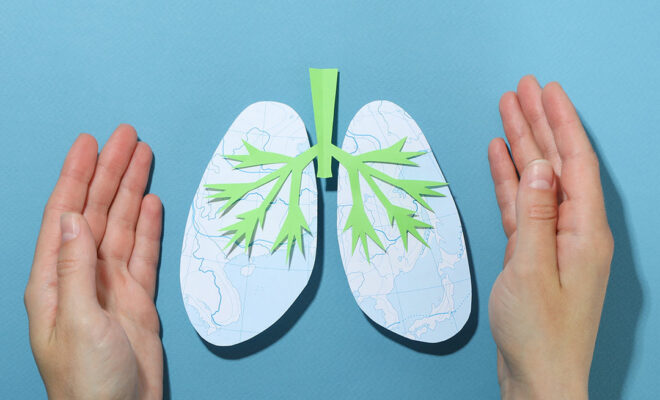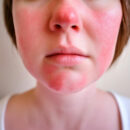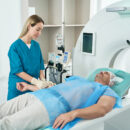Allergy Season Has Begun With The Awakening Of Nature. Spring Allergies Attention!
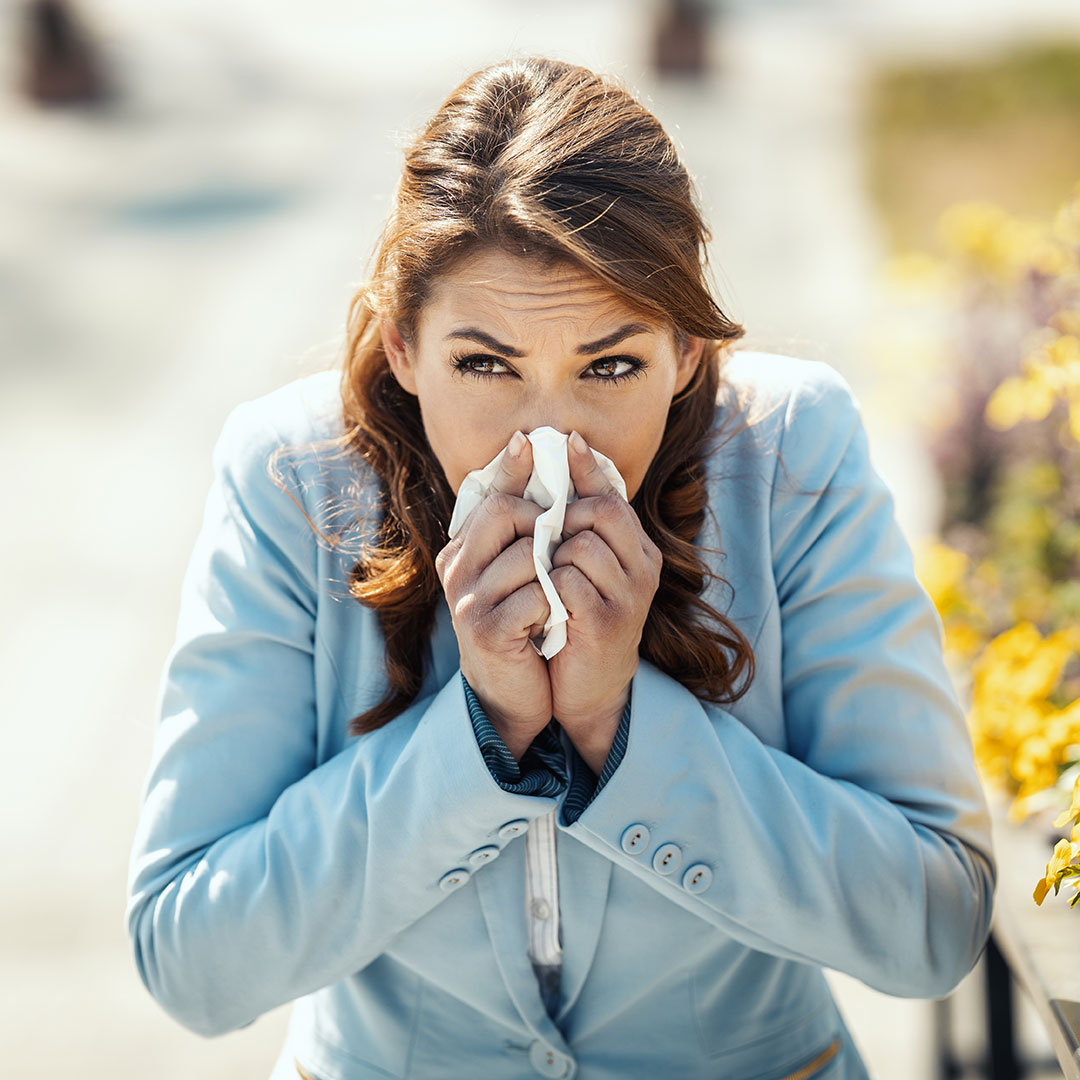
Watery eyes, runny nose or shortness of breath may occur with spring allergies. With the arrival of the spring season, nature begins to revive and allergies come to the fore again.
Allergy is an abnormal reaction and sensitivity reaction that occurs in the body against any substance, especially in those who are sensitive. Spring allergy is the symptoms of allergic rhinitis (allergic rhinitis) and allergic asthma, such as nose itching, sneezing, cold, nasal congestion, watery eyes, itching, frequent coughing, shortness of breath, with the spread of pollen in the air in the spring months of March, April, May and June.
More than 40 percent of the world's population is predisposed to develop an allergy. Whether a person is truly sick or not depends largely on their parents. If one of the parents is allergic, the risk of their child developing an allergy is about 30 percent. If the mother and father are allergic, this probability increases to over 60 percent in the child.
Substances that frequently cause allergies:
* Pollen (of trees, flowers or grass)
* House dust mites
*Mold fungi
* Animal hair (cat, dog, etc.)
*Some foods (nuts, peanuts, strawberries, cow's milk, tomatoes, etc.)
allergic rhinitis Although it is not a fatal disease, it is a condition that negatively affects the patient's quality of life. Eye watering, itching, bruises under the eyes, runny nose, nasal congestion, post-nasal drip, sneezing attacks, tickling sensation in the throat and nose, snoring and sleep disorders due to nasal congestion, dry mouth due to breathing through the mouth may occur. Although these symptoms may seem simple, they greatly reduce the person's school and work performance, and body and spirit energy. Symptoms recur at certain times of the year. The presence of allergic individuals in the family also supports our suspicion.
Allergic AsthmaIt presents with symptoms such as shortness of breath, dry cough, and wheezing. The most prominent features are persistent cough that occurs at night or towards the morning, interruption of sleep due to coughing or shortness of breath, periodic increase in shortness of breath. The severity of allergic asthma differs from person to person. Severe respiratory distress may develop that will require hospitalization.
How is allergy detected/diagnosed?
The doctor determines the type and intensity of the complaints, which organs are affected, and the time and place where these complaints occur. It also determines whether there are allergies in the family. In patients with suspected allergy, the diagnosis is made by blood or skin tests.
What should be considered in the treatment?
The general treatment principle in allergies is to stay away from the current allergen. In addition, some drug treatments are applied. The disease should be kept under control with antiallergic drugs under the supervision of a doctor. Another option is a cortisone drop/spray/inhaler. Inhaler (spray) treatments are especially preferred in patients with asthma complaints. If allergic complaints do not go away with drugs and are increasing gradually, vaccination treatment (immunotherapy) can be applied to those with specific allergies in selected and limited cases.
Today, there are effective drugs used to combat allergies. Despite all this, unfortunately, % 100 treatment may not be possible in allergic diseases. Allergy symptoms should be examined by your doctor, who can advise on the best treatment for these symptoms.

